#theodor sparkuhl
Text
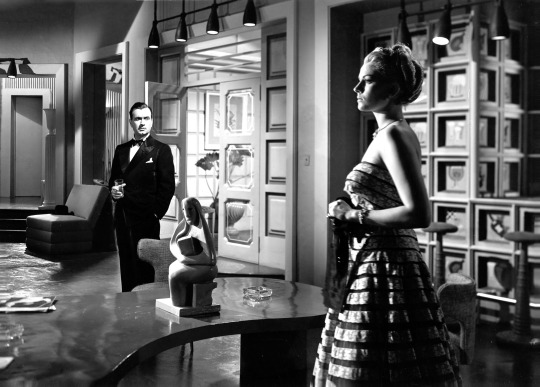
#NoirCity21 opens this Friday, Jan 19, 7:30 PM at Oakland's Grand Lake Theatre with our newest restoration project NEVER OPEN THAT DOOR. Eddie Muller will be signing his books up in the mezzanine, 6pm-7pm. Tix: http://NoirCity.com
Restoration performed by UCLA Film & Television Archive.
Program notes follow.
FRIDAY, JANUARY 19:
7:30
World Premiere FNF Restoration!
NEVER OPEN THAT DOOR | NO ABRAS NUNCA ESA PUERTA
Argentina, 1952. Estudios San Miguel. 85 minutes
Screenplay by Alejandro Casona, from two short stories by Cornell Woolrich (William Irish)
Produced and directed by Carlos Hugo Christensen
More noir films have been based on the stories of Cornell Woolrich than any other writer, and NOIR CITY is proud to present this brand-new restoration of one of the best of those adaptations. In “Someone’s on the Phone,” Ángel Magaña plays a man bent on avenging the death of his sister, driven to suicide by gambling debts. In “The Hummingbird Comes Home,” Roberto Escalada portrays a racketeer who brings the gang to his boyhood home to lay low after a robbery. His blind madre doesn’t approve. Originally a three-part anthology of Woolrich tales, Never Open That Door was released separately from the 73-minute If I Should Die Before I Wake, also adapted by Casona and Christensen. Benefitting from the incredible cinematography of Pablo Tabernero, this is one of the most evocative realizations of Woolrich ever produced, featuring masterful sequences of sustained suspense. Said Buenos Aires film critic Horacio Bernades, “Rarely has an Argentine film been more purely cinematic than this.”
CAST: Someone on the Phone: Ángel Magaña (Raúl), Renée Dumas (Luisa), Diana de Córdoba (Nelly), Nicolás Fregues (money lender), Pedro Fiorito, Orestes Soriani, Percival Murray, Rosa Martín , Arnoldo Chamot. The Hummingbird Comes Home: Roberto Escalada (Daniel), Ilde Pirovano (the mother), Norma Giménez (María), Luis Otero (Juan)
9:30
STREET OF CHANCE
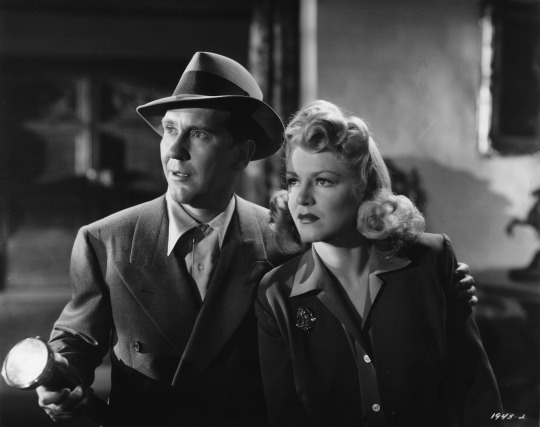
United States, 1942. Paramount [Universal]. 74 minutes
Screenplay by Garrett Fort, based on the novel The Black Curtain by Cornell Woolrich
Produced by Burt Kelly. Directed by Jack Hively
The first case of amnesia in the film noir era comes with a typically intriguing Woolrichian twist. Frank Thompson survives a near fatal accident only to have the shock partially restore his memory! He realizes he’s lived the past several years as someone other than his true self. With the help of his incredulous girlfriend Ruth, Frank embarks on a nocturnal quest to determine his true identity. This modest offering from the B-unit at Paramount benefits from some A-list contributors, principally stars Burgess Meredith and Claire Trevor, and director of photography Theodor Sparkuhl, whose contributions to the look of early ’40s noir have gone largely unheralded. A wonderful gallery of supporting characters skitter and sneak through Frank’s waking nightmare, well rendered by journeyman director Jack Hively who had previously helmed many entries in RKO’s mystery series The Saint.
CAST: Burgess Meredith (Frank Thompson), Claire Trevor (Ruth Dillon), Louise Platt (Virginia Thompson), Sheldon Leonard (Joe Marucci), Frieda Inescort (Alma Diedrich), Jerome Cowan (Bill Diedrich), Adeline deWalt Reynolds (Grandma Diedrich), Arthur Loft (Sheriff Stebbins), Clancy Cooper (Burke), Ann Doran (Miss Peabody), Paul Phillips
#film noir#eddie muller#noir city#noir city 21#film noir festival#film restoration#don't open that door#street of chance#cornell woolrich
6 notes
·
View notes
Photo
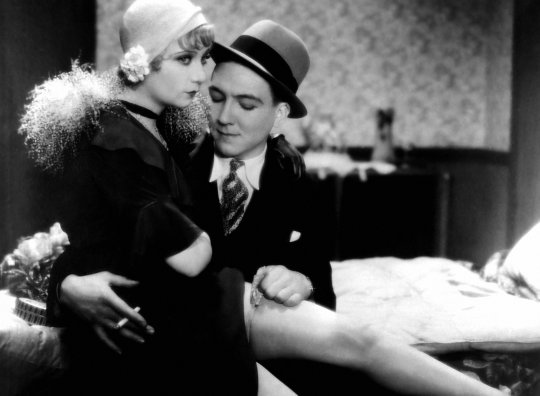
Janie Marèse and Georges Flamant in La Chienne (Jean Renoir, 1931)
Cast: Michel Simon, Janie Marèse, Georges Flamant, Roger Gaillard, Romain Bouquet, Pierre Desty, Mlle. Doryans, Lucien Mancini, Jane Pierson, Sylvain Itkine, Magdeleine Bérubet. Screenplay: Jean Renoir, based on a novel by Georges de la Fouchardière. Cinematography: Theodor Sparkuhl. Art direction: Marcel Courmes. Film editing: Pál Fejös, Denise Tual.
Seeing Michel Simon as the milquetoast Maurice Legrand in La Chienne after L'Atalante (Jean Vigo, 1934) and Boudu Saved From Drowning (Jean Renoir, 1932) is something of a revelation, even if at the end of La Chienne he has become something like Boudu. But the entire film is a revelation: The second sound film by Renoir, it demonstrates an innovative mastery of what was essentially a new medium, one that even the Americans who claimed to have invented synchronized sound were still struggling with. Renoir -- with the help of sound technicians Denise Batcheff and Marcel Courmes -- creates an auditory ambience still rare in 1931, relying on dialogue and sound effects created on set and not in post-production. The most often-cited example is the rasp of the paper knife held by Lulu (Janie Marèse) as she cuts the pages of the book she's trying to read -- just before Legrand kills her with it. But the film is full of small auditory details like the squeaking of the shoes worn by the defense attorney (Sylvain Itkine) as he paces nervously back and forth before his doomed client, Dédé (Georges Flamant). But beyond the technical mastery, which also includes some brilliant camerawork by cinematographer Theodor Sparkuhl, the film is a tour de force of bitter irony, not least because Renoir keeps it from falling into sensationalism or unrelieved darkness. Legrand, initially the henpecked husband to a termagant (Magdeleine Bérubet), brings calamity to several lives, not only those of Lulu and Dédé, but also those of his wife and her supposedly dead ex-husband (Roger Gaillard). And yet, at the film's end he survives, not only unbroken but in many ways a stronger man than he was at the film's beginning. His story is framed as a puppet show with, as a puppet claims, "no moral message." But though Legrand commits fraud, adultery, and murder without receiving the official punishment of the law, the moral is aimed at those who scorned and abused him: Beware the worm who may turn and prove to be a viper.
1 note
·
View note
Photo
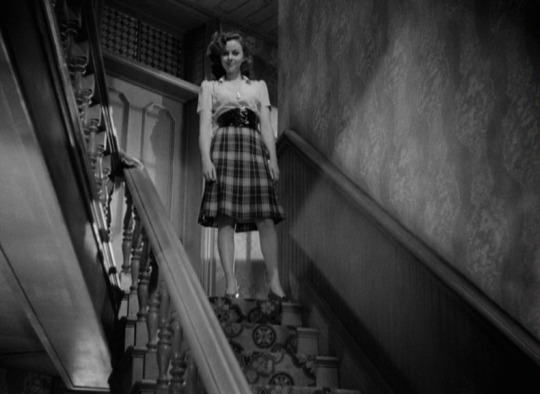
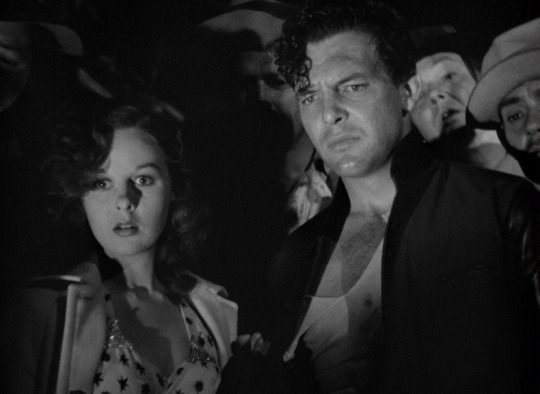
among the living (us, heisler 41)
8 notes
·
View notes
Photo
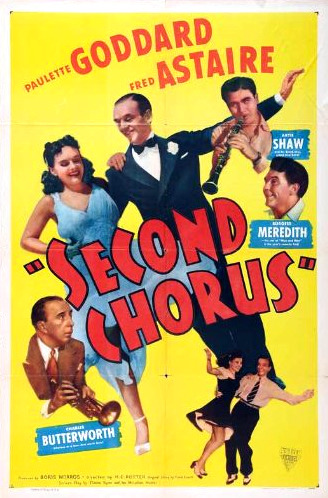
Second Chorus (1940)
by H. C. Potter
Al fin solos
Comedia / Romance
84 mn - United States of America
youtube
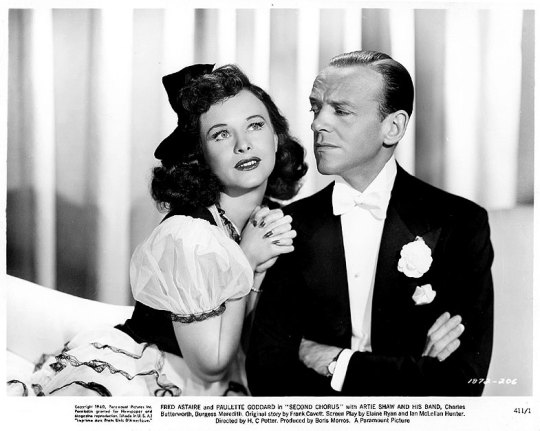
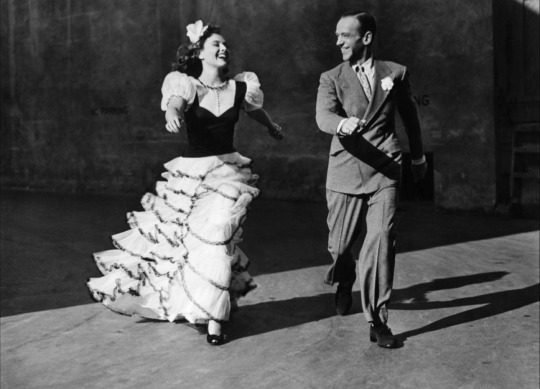
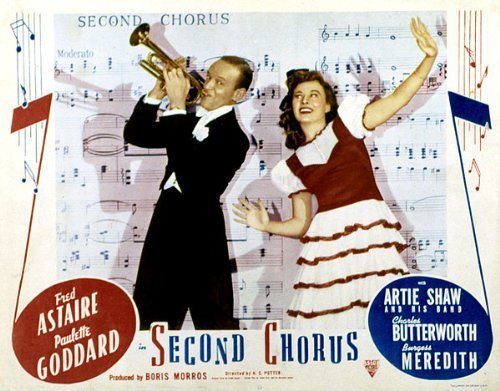
#1940#40s#h. c. potter#musical#comedy#romance#artie shaw#fred astaire#paulette goddard#burgess meredith#theodor sparkuhl#ian mclellan hunter#elaine ryan#boris morros#robert stillman
2 notes
·
View notes
Photo
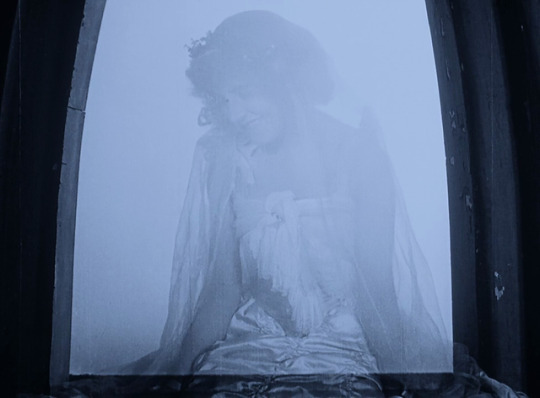
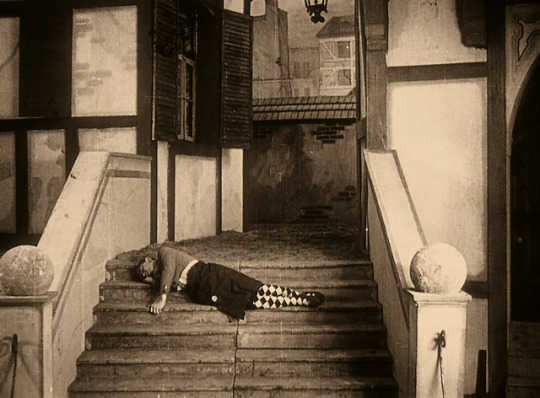
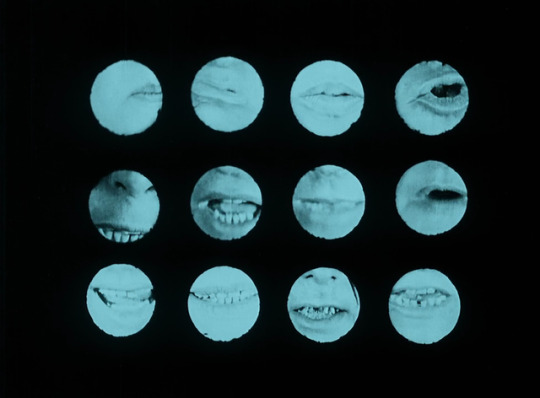
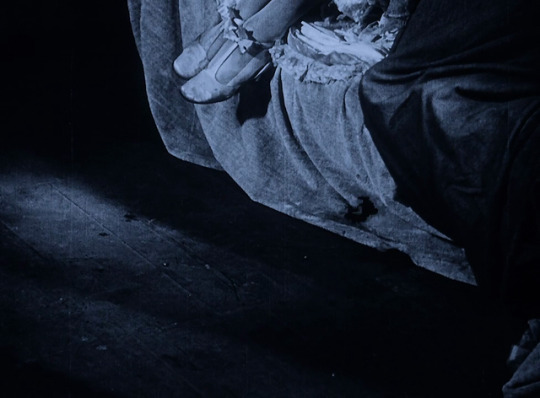

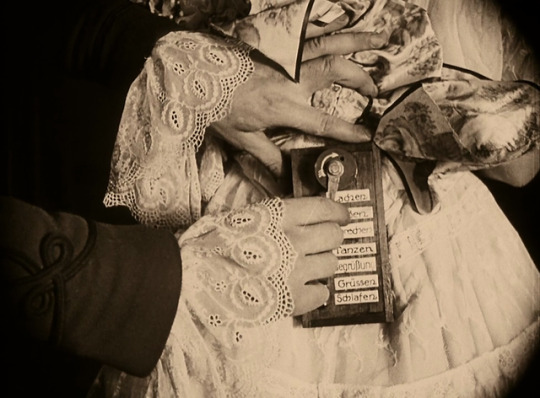
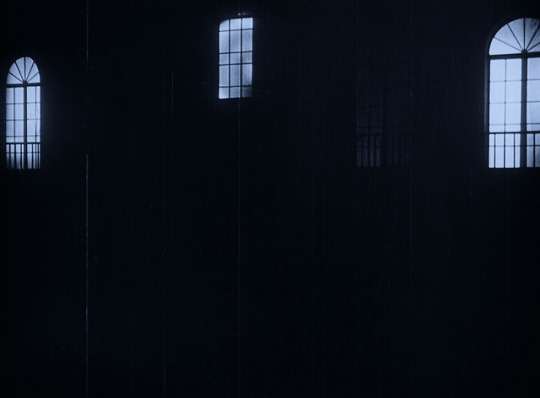
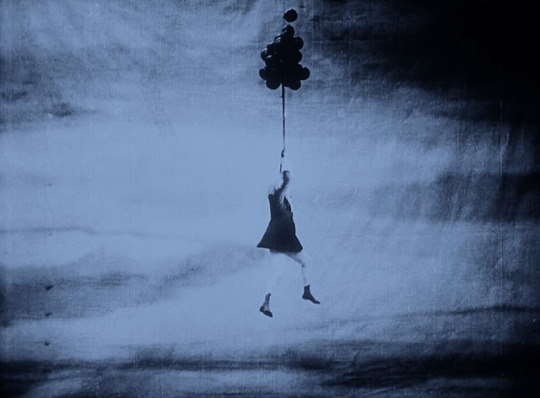
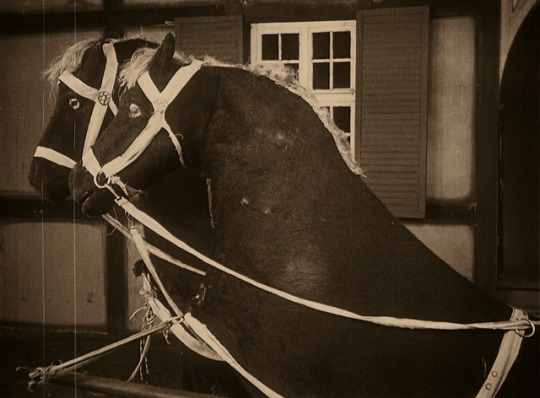

Die Puppe (Ernst Lubitsch, 1919).
#ernst lubitsch#die puppe (1919)#e.t.a. hoffmann#theodor sparkuhl#kurt waschneck#kurt richter#die puppe#the doll#the doll (1919)#la muñeca#la muñeca (1919)#sesión de madrugada#sesiondemadrugada#movie stills#movie frames
130 notes
·
View notes
Photo

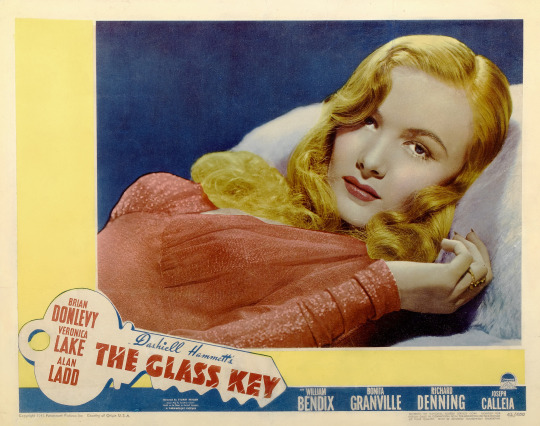

This is a good one and it is on DVD and BluRay.
THE GLASS KEY Paramount, 1942. Directed by Stuart Heisler. Camera: Theodor Sparkuhl. With Brian Donlevy, Veronica Lake, Alan Ladd, Bonita Granville, Richard Denning, Joseph Calleia, William Bendix, Frances Gifford, Donald MacBride, Margaret Hayes, Moroni Olsen, Eddie Marr, Arthur Loft, George Meader, Pat O'Malley, Ed Pell, Sr., James Millican, Jack Mulhall.
19 notes
·
View notes
Text
Baby's Laxative (1931)
Baby’s Laxative (1931)
JEAN RENOIR
Bil’s rating (out of 5): BBB.
Original Title: On purge bébé
France, 1931. Les Établissements Braunberger-Richebé. Screenplay by Pierre Prévert, Jean Renoir, based on the play by Georges Feydeau. Cinematography by Theodor Sparkuhl. Produced by Pierre Braunberger, Roger Richebé. Music by Paul Misraki. Production Design by Gabriel Scognamillo. Film Editing by Jean Mamy.
[youtube=…
View On WordPress
#Fernandel#France#Gabriel Scognamillo#Georges Feydeau#Jacques Louvigny#Jean Mamy#Jean Renoir#Les Établissements Braunberger-Richebé#Marguerite Pierry#Michel Simon#Nicole Fernandez#Olga Valéry#Paul Misraki#Pierre Braunberger#Pierre Prévert#Roger Richebé#Sacha Tarride#Theodor Sparkuhl
0 notes
Text
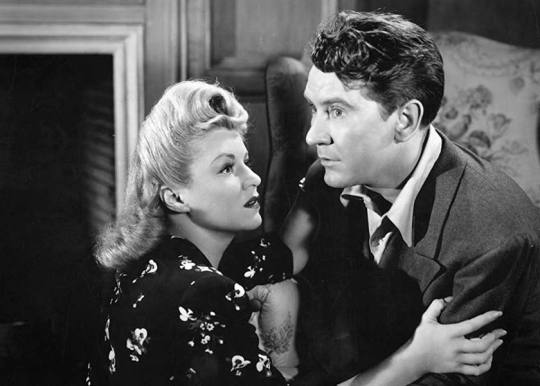
Claire Trevor and Burgess Meredith in Street of Chance (1942), photographed by Theodor Sparkuhl. Ted was born in Hannover, Germany, and had 141 cinematography credits, from a 1916 German short, his first English language production, in England, approximately 1929, his first Hollywood production, approx, 1933, to 1946. His entries among my best 1,001 movies are The Texans, Beau Geste and Murder He Says. His other honorable mentions are Four Hours to Kill, and Among the Living.
0 notes
Photo
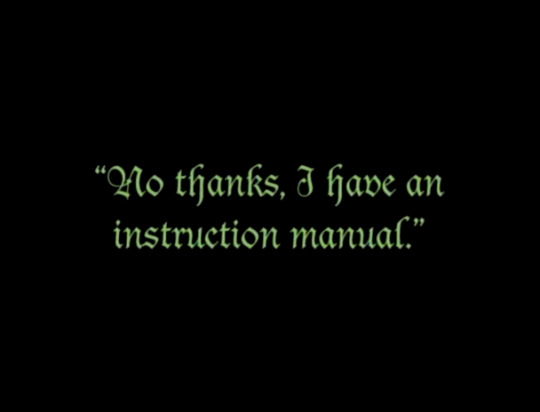
Die Puppe, Ernst Lubitsch (1919)
Cinematography: Theodor Sparkuhl, Kurt Waschneck
| Germany
#The Doll#Die Puppe#La Poupée#Ernst Lubitsch#Silent Movies#German Expressionism#Intertitles#Green#1919
1 note
·
View note
Photo
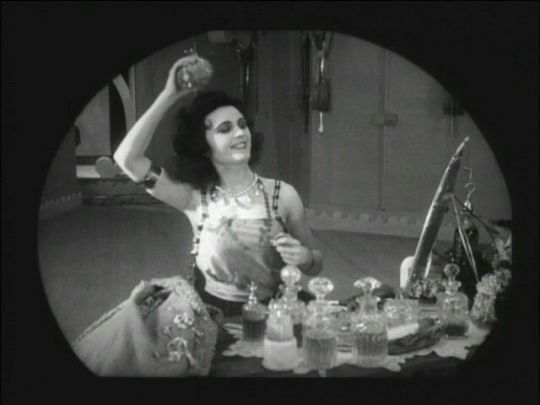
Pola Negri in The Wildcat (Ernst Lubitsch, 1921)
Cast: Pola Negri, Victor Janson, Paul Heidemann, Wilhelm Diegelmann, Hermann Thimig, Edith Meller, Marga Köhler. Screenplay: Hanns Kräly, Ernst Lubitsch. Cinematography: Theodor Sparkuhl. Art direction: Max Gronert, Ernst Stern.
One of Ernst Lubitsch's last films made in Germany before he departed for Hollywood, The Wildcat is subtitled A Grotesque in Four Acts, which is only mildly suggestive of its giddy absurdity. It doesn't resemble any other Lubitsch film I've seen, except in its uninhibited delight in playing with the medium. Pola Negri, usually cast in serious romances and initially burdened with a "femme fatale" label when she joined Lubitsch in Hollywood, here demonstrates a marvelous gift for knockabout comedy as the titular wildcat, the bandit's daughter who falls for a womanizing lieutenant and manages almost to reduce an Alpine military fort to rubble. Working not only in actual snowy Alpine locations but also in some of the wackiest studio sets ever built, Lubitsch pulls out all the stops, using a mad variety of matte shots that frame the action at odd angles and in ridiculous compositions. The fort itself bristles with cannons from every corner, and its interiors are full of mad curlicues. The action is no less outlandish: At one point, the bandits breach the fort by using Negri as a kind of human battering ram. And when Negri's Rischka deserts her bandit husband to pursue the lieutenant, she returns to find a stream trickling out of their hut, created by the tears the bandit has shed. Sheer nonsense, but a kind of unknown classic of silent comedy, on a par with the work of Mack Sennett in its pioneering exploitation of the medium. Lubitsch would temper his imagination, but you can still see foreshadowings of the comedy tricks he would bring to less madcap work.
0 notes
Photo
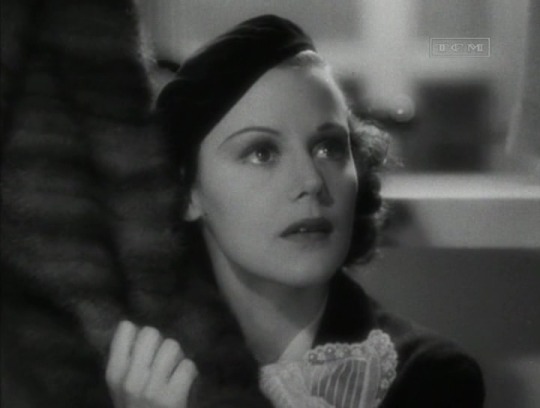
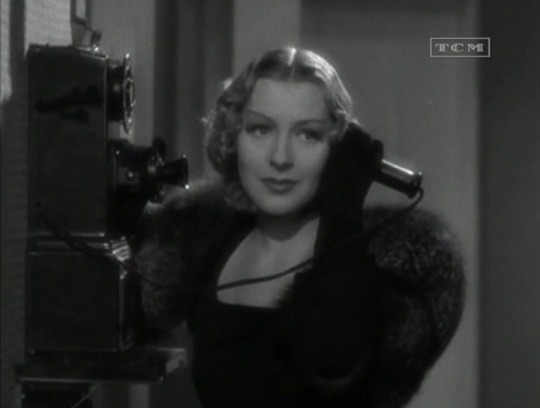
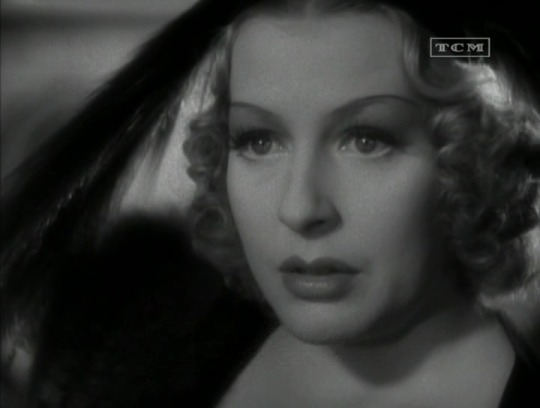
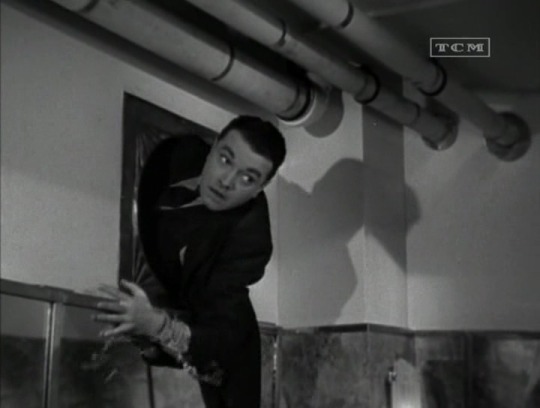
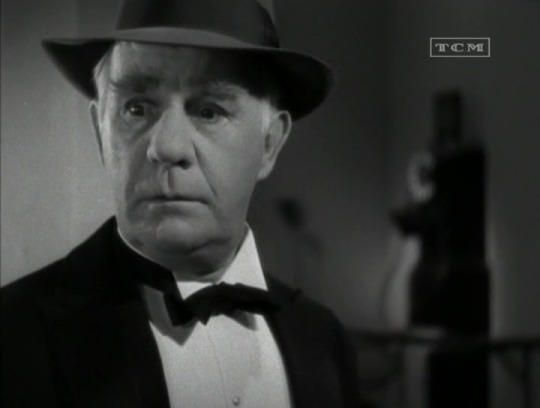
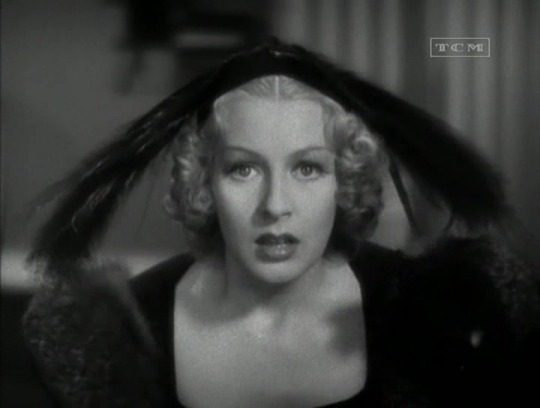
four hours to kill (us, leisen 35)
#four hours to kill#mitchell leisen#gertrude michael#helen mack#henry travers#richard bartelmess#theodor sparkuhl
4 notes
·
View notes
Photo
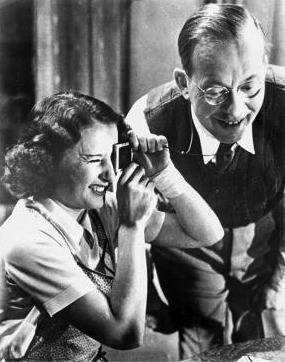
13 notes
·
View notes
Photo
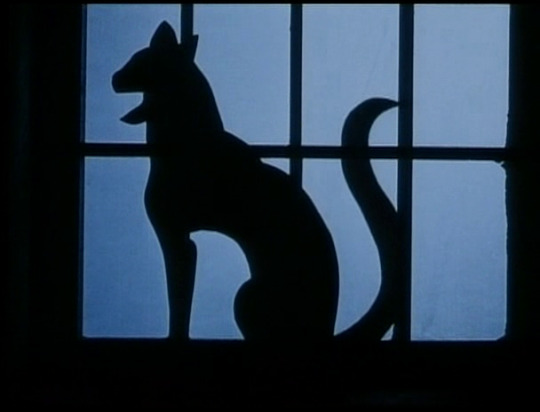
Die Puppe, Ernst Lubitsch (1919)
Cinematography: Theodor Sparkuhl, Kurt Waschneck
| Germany
#The Doll#Die Puppe#La Poupée#Ernst Lubitsch#Silent Movies#German Expressionism#Cats#Animals#Windows#Blue#1919
1 note
·
View note
Text
TODAY IN GINNY!-Theodor Sparkuhl (1894)
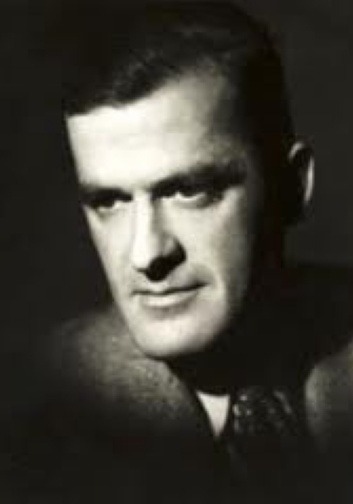
Theodor Sparkuhl (1894) was a German born cinematographer. His career is fairly evenly split he worked the first half of it in Germany and France and the second half in Hollywood. Since he came to Paramount when he came to America, he hit on one Weidler film, THE BIG BROADCAST OF 1937. His other films include THE GLASS KEY, STAR-SPANGLED RHYTHM, BEAU GESTE, and BLOOD ON THE SUN. it can be reasonably argued that he was just hitting his stride and receiving better and better assignments at the end of his life. He died on June 13, 1946.
0 notes
Photo
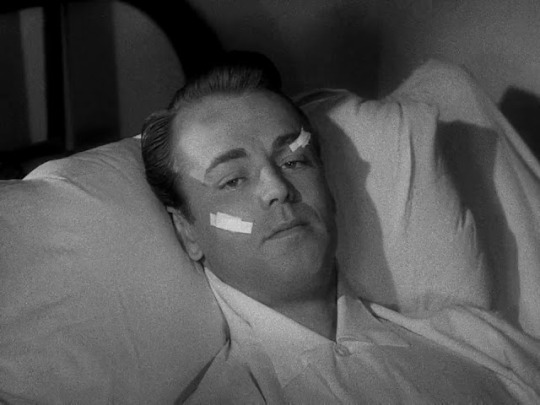


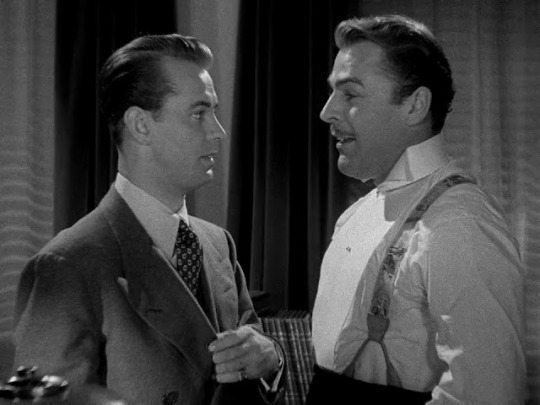


The Glass Key (Stuart Heisler, 1942)
Cast: Alan Ladd, Brian Donlevy, Veronica Lake, William Bendix, Bonita Granville, Joseph Calleia, Richard Denning, Frances Gifford, Donald MacBride, Margaret Hayes, Moroni Olsen, Eddie Marr, Arthur Loft, George Meader. Screenplay: Jonathan Latimer, based on a novel by Dashiell Hammett. Cinematography: Theodor Sparkuhl. Art direction: Haldane Douglas, Hans Dreier. Film editing: Archie Marshek. Music: Victor Young, Walter Scharf.
There's something a little febrile about The Glass Key, and I don't just mean the movie -- it' s inherent in Dashiell Hammett's novel, too. The movie heightens it with the casting of Veronica Lake, who always seems a little out of it in her movies, on which she often clashed with directors and/or stars. And William Bendix's sadistic thug has a special menace for those of us who remember him in his familiar sitcom role, as the working-class schlub in The Life of Riley. It was a breakthrough role for Alan Ladd as the semi-conscientious right-hand man to Brian Donlevy's shady politician. Ladd gets beaten into the hospital by Bendix, where he spends a lot of time doing what he does best: flirting, in this case with the nurse. He also flirts with Lake, as the daughter of Donlevy's political rival turned ally, as well as with Bonita Granville, as Donlevy's sister, and even the wife of the corrupt newspaper publisher who wants to frame Donlevy for murder. And so on, in a reasonably faithful translation of Hammett's book that only misses the author's dryly tough prose style.
0 notes
Photo
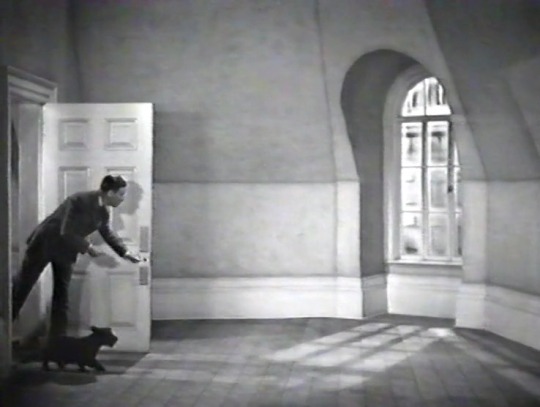
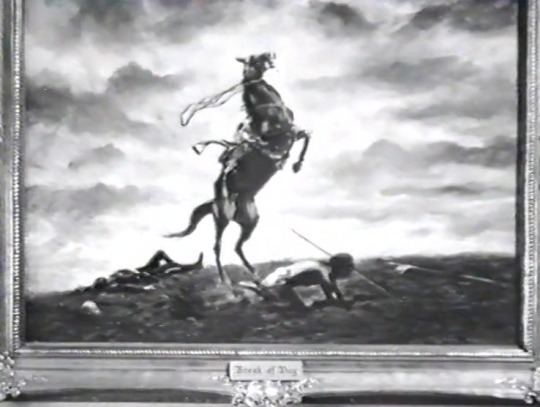

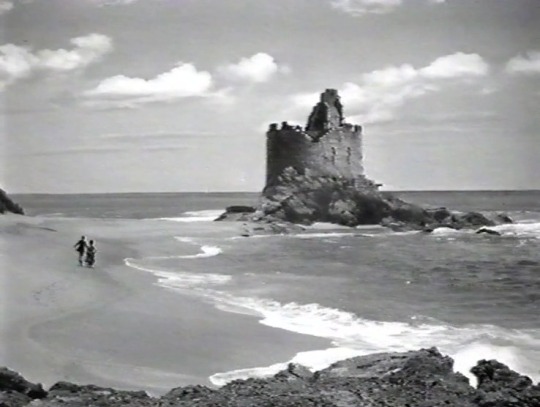
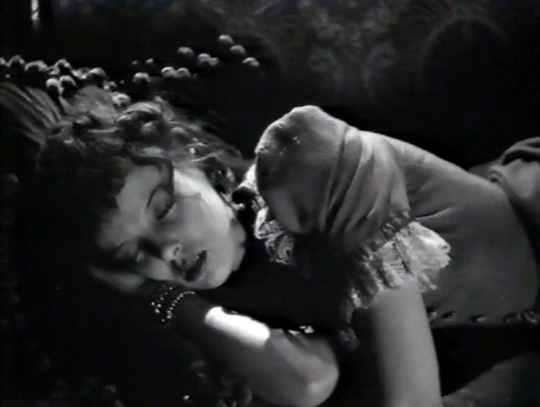
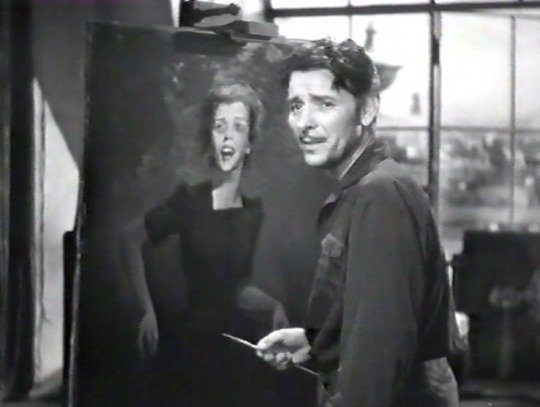
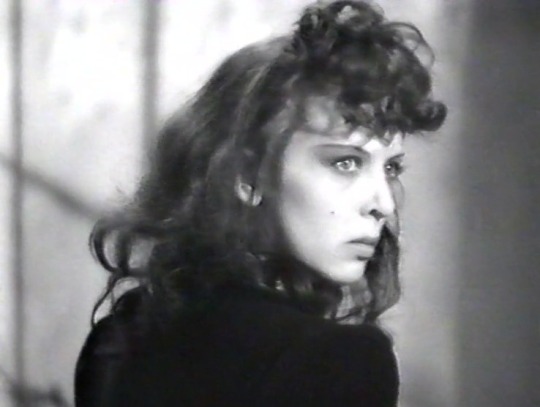

the light that failed (us, wellman 39)
6 notes
·
View notes